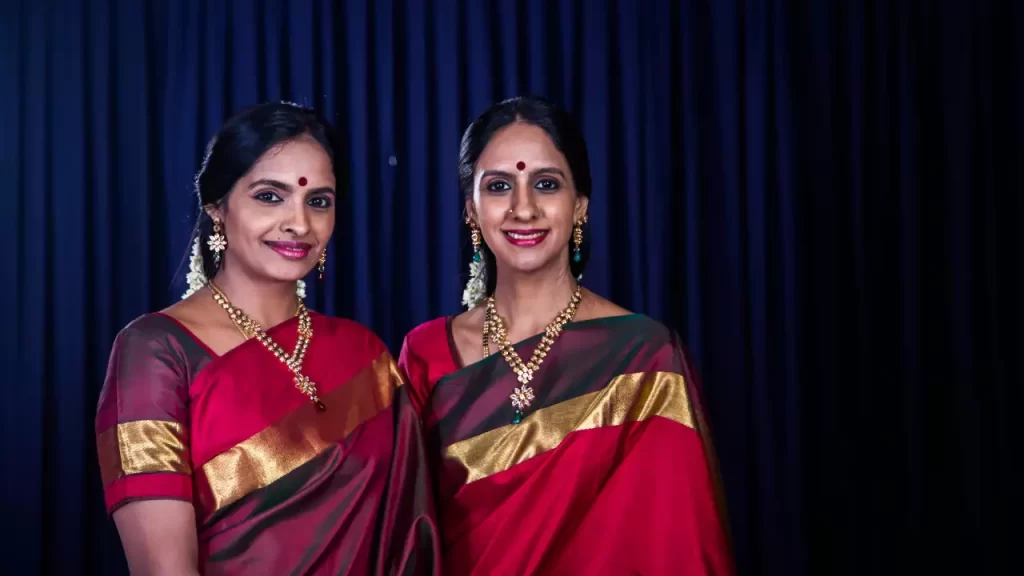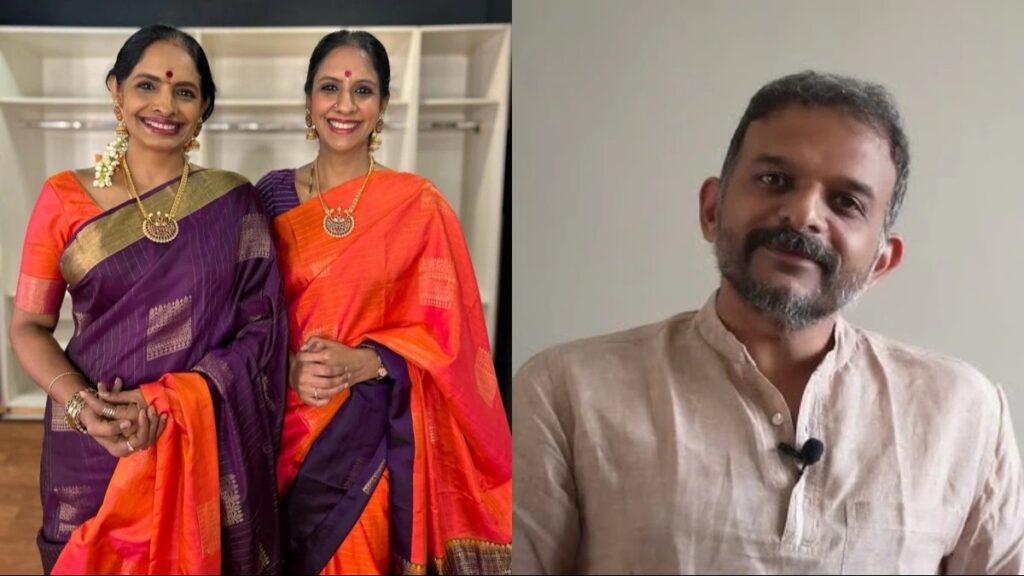A recent controversy has stirred the prestigious world of Carnatic music. Renowned vocalist sisters Ranjani and Gayatri, popularly known as Rajani-Gayatri, have announced their boycott of the annual Music Academy conference in Chennai. This decision comes in response to the Academy’s decision to honor vocalist TM Krishna with the coveted Sangita Kalanidhi title, the highest recognition in Carnatic music.
Rajani-Gayatri: Stalwarts of Carnatic Tradition
Rajani-Gayatri is a celebrated duo known for their captivating performances and dedication to preserving the purity of Carnatic music. Their musical journey began under the tutelage of their legendary grandmother, Smt. T.N. Rajarathnam and their repertoire encompasses a vast array of compositions from the rich Carnatic tradition. Over the years, they have garnered critical acclaim for their soulful renditions and impeccable technique.
The Spark of Discontent: TM Krishna and Ideological Differences
TM Krishna, another prominent figure in Carnatic music, is known for his outspoken social and political views. He has been a vocal critic of certain aspects of Carnatic music’s traditional structure, questioning its social hierarchy and advocating for a more inclusive approach. While Krishna’s musical prowess is undeniable, his social commentary has created friction with some in the Carnatic community, including Rajani-Gayatri.
A Public Announcement and Stated Reasons
In a social media post, Rajani-Gayatri expressed their disappointment with the Academy’s decision. They cited concerns that Krishna’s views and actions have “caused immense damage to the Carnatic music world” and have “denigrated” revered Carnatic icons. They believe his approach disrespects the spiritual core of the music and the dedication of traditional practitioners.
Beyond Personal Opinions: A Broader Debate
The sisters’ boycott has ignited a much-needed conversation within the Carnatic music community. Is there space for social commentary within a traditional art form? Should artistic merit be the sole criterion for recognition, or should a musician’s social views be considered as well? These are complex questions with no easy answers.

Supporters and Detractors: A Divided Response
Rajani-Gayatri’s decision has received mixed reactions. Some within the Carnatic community resonate with their concerns, fearing a dilution of the art form’s essence. Others believe that Krishna’s voice for inclusivity is a positive step forward, challenging the status quo and making Carnatic music more accessible.
The Music Academy’s Stand: Neutrality and Artistic Freedom
The Music Academy has maintained a neutral stance, emphasizing Krishna’s musical contributions as the sole reason for awarding him the Sangita Kalanidhi. The Academy upholds the principle of artistic freedom and celebrates diverse viewpoints within the Carnatic ecosystem.
Beyond the Boycott: The Future of Carnatic Music
The Rajani-Gayatri boycott, while unfortunate in terms of creating divisions, has served to spark a vital dialogue. Carnatic music, with its rich history and cultural significance, needs to evolve while remaining true to its core values. Finding a healthy balance between tradition and innovation is crucial for the music’s continued growth and relevance.
Potential Outcomes and a Message of Harmony
This controversy could lead to a few outcomes. The Carnatic community could engage in constructive discussions, fostering a more inclusive and progressive approach while respecting the art form’s heritage. Alternatively, it might create a deeper rift within the community, hindering collaboration and innovation.
Ultimately, the true spirit of Carnatic music lies in its ability to bring people together through its melody and rhythm. It is a unifying force that transcends social and ideological differences. The current discord will pave the way for a more inclusive and vibrant future for Carnatic music, where diverse voices can coexist and enrich this incredible art form.
